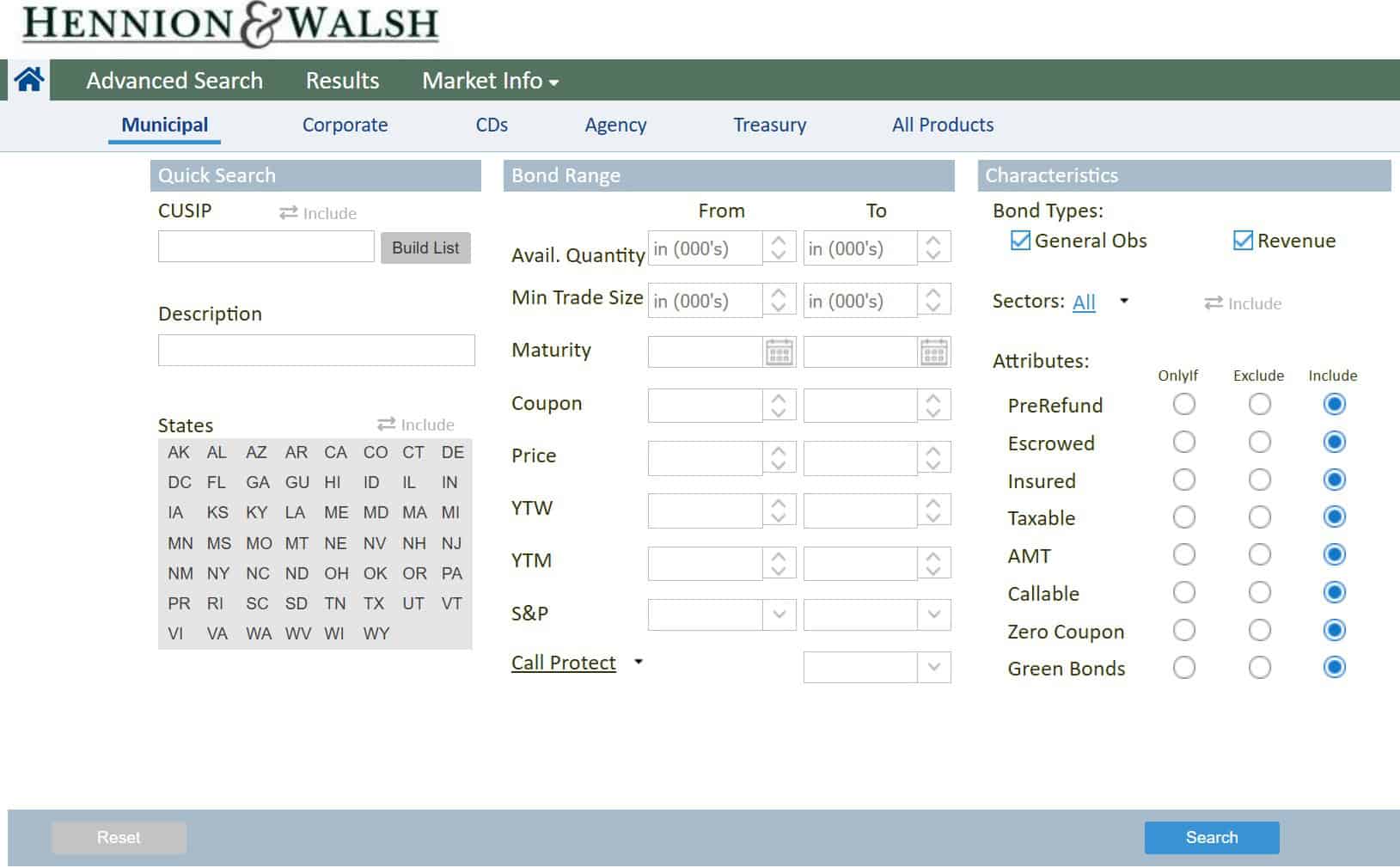
Generational Wealth Planning: Professional Advice for Long-Term Prosperity
Imagine your family enjoying financial security and substantial inheritance through proper financial planning for generations to come. However, without strategic planning for the beneficiaries, this vision remains an elusive dream. Building generational wealth is about creating and preserving wealth across multiple generations—an endeavor that involves deliberate investment decisions, tax strategies, and estate planning to ensure assets are maintained and grown over time. How do you start?
Understanding Generational Wealth
Generational wealth refers to financial assets and inheritance passed down from one generation to the next, often including cash, real estate, stocks, businesses, or any other form of monetary investment. This inherited wealth provides a foundation upon which descendants can build further prosperity, potentially providing financial stability and opportunities for many years.
This deeply rooted legacy often ensures financial resilience and continuous growth, fostering an environment where beneficiaries can thrive and innovate without the immediate pressure of financial constraints.
Definition and Importance
Generational wealth refers to the financial assets and resources handed down from one generation to the next, solidifying a foundation for long-term prosperity. Families with generational wealth are 6.4 times more likely to stay affluent across generations.
Building and maintaining generational wealth requires strategic investment decisions, thorough estate planning, and smart tax strategies to ensure that assets are preserved and grown over time. For investors, generational wealth and inheritance serve as powerful tools to provide financial stability, foster opportunities, and create a robust legacy of prosperity for their beneficiaries.
Historical Context
The concept of generational wealth dates back centuries, when affluent families leveraged assets and investments as a means of preserving and growing wealth. Notably, historical estates and family businesses often form the bedrock of such legacies.
In medieval Europe, for instance, noble families would pass down land, titles, and resources, ensuring long-term dominance. Similarly, colonial merchants in America utilized their accumulations to establish enduring family enterprises.
This tradition of wealth transfer has evolved, yet the fundamental principles remain steadfast; strategic foresight and prudent asset management. Today, the focus has shifted toward diversified portfolios and modern financial instruments to secure and expand legacy wealth.
Foundations of Building Wealth
Building generational wealth necessitates a strategic approach grounded in diversification, long-term planning, and prudent financial management, with financial planning playing a crucial role in this process. Central to this is the establishment of a robust financial foundation encompassing savings, investments, and estate planning.
It’s imperative to educate descendants on financial literacy and stewardship, ensuring the wealth is preserved and responsibly utilized.
Strategic Saving and Budgeting
Effective strategic saving and budgeting are foundational for building generational wealth as they ensure disciplined financial practices.
- Establish a Budget: Create a detailed, realistic budget to monitor income and expenses.
- Emergency Fund: Set aside a minimum of three to six months of living expenses for unexpected events.
- Automate Savings: Use automated transfers to consistently save a portion of income.
- Expense Management: Regularly review and minimize unnecessary expenditures.
- Long-Term Savings Goals: Set clear, attainable long-term savings targets, such as retirement or educational funds.
Careful budgeting facilitates optimal resource allocation, enhancing investment potential. Adherence to a structured saving strategy strengthens financial resilience, fostering wealth accumulation over generations.
Smart Investing
Smart investing involves informed financial decisions. By making choices rooted in data and analysis, investors can optimize returns. This aligns investments with long-term financial goals, a critical element in building generational wealth. Successful investing requires a balanced approach to risk, enabling the growth and preservation of assets through market cycles.
Diversification is essential. It spreads risk across various asset classes, such as stocks, bonds, and real estate, to mitigate potential losses. This strategy provides a cushion against market volatility while capitalizing on growth opportunities.
Smart investors stay informed by continuously monitoring economic indicators, global events, and market trends. Utilizing professional financial advisors and employing advanced tools can enhance decision-making, leading to a durable wealth foundation.
Entrepreneurship
Entrepreneurship is a cornerstone of building generational wealth. It offers avenues for substantial financial growth and stability.
- Create Multiple Revenue Streams: Diversify income to mitigate risks.
- Scalability: Focus on businesses that can grow exponentially.
- Legacy Planning: Implement strategies for business succession.
- Innovation: Embrace new ideas and technologies to stay competitive.
- Networking: Build strong connections and partnerships for sustained growth.
By fostering a culture of innovation and adaptability, entrepreneurs can ensure long-term success. Building a robust, scalable business creates enduring assets. Entrepreneurial ventures cultivate financial independence and provide a lasting legacy. This not only benefits the current generation but also lays a strong foundation for future ones.
Protecting and Growing Wealth
Ensuring the longevity of wealth requires well-orchestrated risk management and proactive oversight. This involves continuous monitoring and adjusting strategies to align with market dynamics.
It’s imperative to diversify across multiple asset classes, balance risk with reward, and employ sophisticated financial instruments that hedge against market volatility, ensuring assets appreciate in a controlled manner. Legal structures like trusts and estate planning can further safeguard wealth.
In essence, “protecting” and “growing” wealth are interdependent, and vital to the longevity of a family’s financial legacy.
Diversification Strategies
Effective diversification, sometimes incorporating life insurance, spreads risk across various investments.
Optimal diversification involves more than just mixing assets. It should encompass an array of instruments, sectors, and geographic regions, that can mitigate localized economic downturns and sector-specific challenges. Asset allocation is key, and the right mix must be periodically reassessed to adapt to evolving markets. Do not overlook sector funds.
While sector-specific investments can be lucrative, they must be balanced with broad-based funds to prevent overexposure. Incorporating bonds, equities, real estate, and alternative assets such as commodities can provide stability.
Continual reassessment of your portfolio ensures alignment with overarching economic conditions, enhancing long-term financial resilience. A strategic approach to diversification can safeguard your generational wealth, confirming that risks are managed and growth potential is maximized.
Risk Management
Risk management is absolutely critical. Investors must develop strong risk management strategies. This begins with understanding the full spectrum of potential risks, which includes market risks, credit risks, and operational risks. Prudently managing these risks can prevent unexpected losses and ensure the continuity of wealth across generations.
Embrace thorough risk evaluation processes. Incorporate both qualitative and quantitative risk assessments to capture the complete risk profile. Techniques such as stress testing and scenario analysis provide insights into potential future vulnerabilities and prepare you for adverse market conditions.
Consider insurance as a risk mitigation tool. By diversifying your risk management strategies, including portfolio diversification and insurance, you create a resilient framework that can preserve and grow your assets. Engaging in periodic reviews and adjustments is essential to maintain this balanced approach.
Building a robust risk management framework not only protects your investments but also instills confidence among future generations. Your preparedness in navigating financial uncertainties ensures long-lasting wealth and financial stability.
Estate Planning
Estate planning is incredibly crucial for generational wealth. This process involves creating a comprehensive strategy for the management and disposal of your assets in the event of death. It addresses various elements such as wills, trusts, power of attorney, and beneficiary designations. Proper estate planning not only secures the financial future of your heirs but also minimizes estate taxes and potential legal disputes.
Ensure to appoint trusted fiduciaries. Efficient estate planning often includes tax strategies – not just those aimed at reducing current liabilities, but those designed to optimize wealth preservation for the future. A well-crafted estate plan can thus contribute to a more predictable and secure transition of wealth across generations.
Finally, a thorough understanding of estate planning laws and regulations is imperative. As these can vary by jurisdiction and are subject to changes, it’s essential to consult with estate planning professionals who stay abreast of the latest legal developments. Proper estate planning will ultimately fortify your financial legacy and sustain your family’s wealth for generations to come.
Educating the Next Generation
Education is paramount in preserving and growing inter-generational wealth through financial literacy, discipline, and foresight. To that end, one must actively engage the younger family members in conversations about financial management, investment strategies, and the importance of prudent economic decisions, ensuring they internalize these crucial principles.
The terms “inter-generational” and “multi-generational” often become more than vocabulary; they are the blueprint for the family’s enduring financial health.
Financial Literacy
Financial literacy is a cornerstone of building and maintaining generational wealth. Without a fundamental understanding of financial principles, individuals are ill-equipped to manage or grow their inherited assets effectively.
In 2016, a landmark survey by the Global Financial Literacy Excellence Center revealed that only 57% of adults in the United States were financially literate. This statistic underscores the urgent need for financial education within families to secure long-term financial stability.
Educational efforts should start early, embedding basic concepts such as saving, budgeting, and the power of compound interest in young minds. As family members mature, discussions should expand to more advanced topics like risk management, investment diversification, and tax-efficient strategies.
Moreover, integrating financial literacy into the family culture ensures that each generation possesses the knowledge and skills needed to increase and sustain wealth. Family meetings, financial education workshops, and leveraging technology for continuous learning can solidify these efforts.
Ultimately, a well-versed understanding of personal finance can help avert financial pitfalls and make astute decisions, thereby preserving and augmenting generational wealth.
Building Financial Responsibility
Building financial responsibility starts with awareness and education, gradually instilling these values within the family structure.
Consistent financial literacy efforts should be an integral part of family life. It’s critical to instill the importance of responsible financial behavior in each family member.
From early childhood to adulthood, individuals should engage in learning experiences that emphasize prudent financial management. This could include both formal education and practical, everyday financial discussions.
Encouraging responsible credit use, debt management, and long-term planning are essential aspects of teaching financial responsibility. Family members should be coached on the benefits of good credit scores and avoiding high-interest debt traps.
In essence, fostering a culture of financial responsibility within the family contributes significantly to the preservation and growth of generational wealth.




